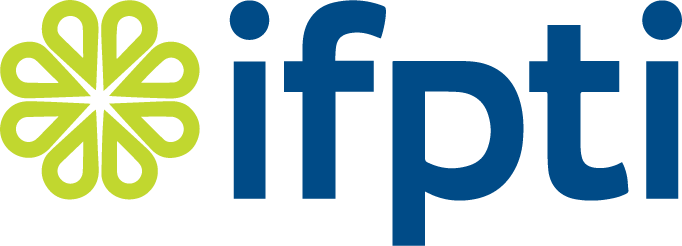National Curriculum Standard: The Keystone for Assessing Competency Profiles
In the dynamic arena of professional development, the utilization of the National Curriculum Standard (NCS) as the foundational framework for assessing both personal and learning resource competencies marks a significant stride towards harmonized and impactful growth. This article delves into how the NCS serves as a pivotal standard for evaluating and aligning the development pathways of individuals and the educational value of learning resources, facilitating a coherent approach to professional enhancement.
Personal Competency Profiles through the NCS Lens
Personal competency profiles, when assessed against the NCS, offer a structured and objective overview of an individual's current skills, knowledge, and areas requiring development in alignment with nationally recognized standards. This approach not only aids professionals in pinpointing specific competencies that need attention but also supports strategic career planning within the context of profession-wide benchmarks. The NCS provides a clear, comprehensive map of the competencies considered critical for success in each field, enabling individuals to tailor their personal development plans to not just meet, but exceed these standards.
Learning Resource Competency Profiles Anchored in the NCS
Similarly, learning resource competency profiles evaluated against the NCS criteria ensure that educational materials and programs are directly aligned with the national expectations and requirements of the profession. This alignment guarantees that the resources offered to professionals are of high quality, targeted, and effective in bridging competency gaps. By benchmarking learning resources against the NCS, educators and organizations can transparently demonstrate the relevance and impact of the content of their learning resource, fostering trust and confidence among professionals seeking to advance their skills.
Synergizing Personal and Learning Resource Profiles with the NCS
The integration of the NCS into both personal and learning resource competency profiles creates a seamless and efficient mechanism for professional development. Individuals can leverage their NCS-based personal profiles to identify specific national standards they have yet to meet and subsequently seek out learning resources that are explicitly designed to address those areas. This targeted approach maximizes the efficacy of professional development efforts, ensuring that individuals are not just learning, but advancing in alignment with the recognized standards of their profession.
The Advantages of NCS-Based Competency Assessment
The adoption of the NCS as a universal yardstick for competency assessment brings forth several advantages:
Standardized Professional Growth: Professionals are guided by a uniform set of standards, ensuring consistency and comparability in development across the board.
Assured Relevance of Learning Resources: Educational programs and materials are vetted to meet national endorsed competencies, enhancing their value and applicability.
Optimized Training Investments: Organizations can channel resources into training programs that are validated against the NCS, ensuring that their workforce is proficient in competencies that matter most.
Conclusion
The National Curriculum Standard emerges as a cornerstone for assessing competency profiles, harmonizing the personal development goals of professionals with the educational quality of learning resources. By embedding the NCS into the evaluation of personal and learning resource competency profiles, the professional development landscape is poised for a transformation. This unified approach not only propels individuals towards achieving national standards of excellence but also elevates the overall quality and relevance of professional training. As the NCS continues to shape the future of professional learning, it stands as a testament to the power of standardized competencies in driving meaningful and impactful growth in any field.
